Preventing Military Coups in Africa: Attention, Nigeria
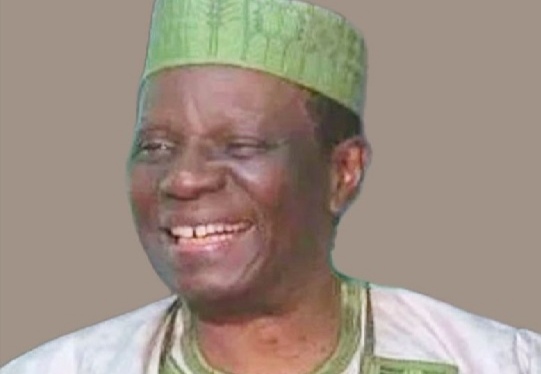
By Tonnie Iredia
Two recent military coups in neighbouring Niger and Gabon have heightened discussions in Nigeria of the possibility of military intervention in the politics of the nation. The feeling appears so palpable considering the commonality of causative factors which over the years always influenced military rule in Africa: societal restiveness, poor economy, failed elections, pervasive corruption, extravagance of politicians and the helplessness of civic society accentuated by the disappearance of the middle class. In Nigeria, the division of society into two classes only; that is those who have everything and those who have nothing is more visibly felt than anywhere else. This has left many people to pray not just for something to change but for it to come through the efficacy of a military coup. The recent decision of the military hierarchy in Nigeria to formally dismiss such undemocratic undertones in the land is instructive.
Democracy is no doubt acclaimed world-wide as the best form of government, but then democracy is not a matter for claims. Rather, it is a system of government which is based on freedom and the politics of equality. Its features are not only sacred; they are offensive when adulterated. There are 5 such critical features, namely: the sovereignty of the people, the rule of law, free and fair elections, majority rule and the protection of minority rights. To qualify as a democracy therefore, the sovereignty of the people on whose behalf government functions is not negotiable. It is the people who matter and not the government. A democratic country in which everyone is equal before the law, cannot allow certain privileged citizens to use law enforcement agencies to detain their opponents or critics without trial. To manipulate an election process for losers to become winners nullifies real majority rule just as democracy as a game of numbers is contingent upon the protection of minority rights.
What the above features suggest is that those who are anxious to prevent military coups in Nigeria must first endeavour to make Nigeria a democracy. It is erroneous to continue to argue that the worst form of democracy is better than the most benevolent military rule because there is no difference between military rule and civilian rule or fake democracy. Those who argue that soldiers who shoot their way into government were not elected by the people must be fair enough to agree that those who come into office through the manipulation of the votes of citizens were also not elected by the people. Soldiers in government are not accountable to the people because they were not elected by the people. Similarly, election riggers in government only mouth service to the people; rather than serve, they amass wealth in readiness for the manipulation of the next set of elections. It is therefore undemocratic to have elections that are neither free nor fair.
In truth, Nigerian politicians do not believe in hitch-free elections. They prefer to devote all their energies towards circumventing electoral laws and guidelines. Although the constitution provides for an electoral body made up of persons who are transparently non-partisan, many electoral officials in Nigeria are card carrying members of the ruling party. By so doing, some players in the game of election are also referees in the same game. Again, our constitution provides for a democratically elected system of local government, yet our governors always ensure that government at that local level is run by caretaker committees made up of party members. Where local government elections are organized, the state electoral bodies are directed to ensure the election of all chairmen and councillors of the ruling party. The goal is to divert public resources accruing to them at that level from the federation account to the personal use of governors and their parties.
In a democracy, everything is scheduled. For example, after electioneering comes governance. In Nigeria’s democracy, every time is for electioneering. As soon as one election ends, electioneering begins for the next election due in 4 years. Already, state governors who came into office a few months ago are currently busy leading the campaign teams in other states whose elections are holding soon. When will such governors govern their states? Why can’t such governors concentrate on governance while their party officials use the party machinery for the current campaigns? In Edo state, for instance, governorship elections are holding not this year but next year, yet the matter of the, moment in that state is the number of governorship aspirants that are already engaged in open campaigns. If Kogi, Imo and Bayelsa with nearby governorship elections are doing nothing else but electioneering, should that also be the fate of others such as Edo whose elections are not immediately around the corner?
The result of our culture of “electioneering without end” is poor governance which makes it virtually impossible for the living standards of the ordinary people to improve. Nigeria’s electioneering is not only long and capital intensive; it is also bastardized. To start with, incumbents are busy placing hurdles in the way of their opponents during campaigns. This short-changes the electorate because state facilities do not belong to a ruling political party; they belong to the people and ought to be used for public enlightenment. Level playing field which guarantees the politics of equality is distorted when opposition parties are precluded from using public facilities such as stadium or any other platform. Indeed, state media outfits are propelled to shut their gates to opposition political parties in breach of the electoral law which directs the public media to provide equal time for all.
Poor governance in society frustrates all and sundry such that aggrieved soldiers think of nothing but coups while traumatized citizens troop out to rejoice and embrace military intervention in politics. To prevent Africa’s wind of coups from blowing towards Nigeria, so much has to be done to keep the society on good footing. First, it is necessary to draw a fine line between electioneering and governance. A presidential or governorship candidate has to be loyal to his party but when he becomes president or governor, his oath of office demands that his loyalty shifts to the general public. The trend in Nigeria in which members of the ruling party want to constitute government alone is parochial. In the last few days some APC members had openly condemned the appointment of a non-party member into a newly constituted board. The posture works against inclusivity as the office-holder was not elected by members of only one party.
Monopoly which members of a ruling party seek to exercise over government is particularly dangerous as it has capacity to swell up the numerical strength of ordinary people who feel aggrieved against government. It is in fact offensive for a government to allow itself to be seen as not belonging to all. Some non-partisan citizens especially notable technocrats must be included in any government that intends to succeed in developing society. After all, the most effective members of successive governments in Nigeria were sourced on the basis of their track records of service and not because they were card-carrying members of the ruling party. Except government follows such well tested pattern of leadership recruitment, conducive environment would be created for civil society groups to distract government with criticisms only.
It is also important for government to depoliticise the security agencies as well as the military. Ironically, those who went to court in the past against the use of the military in our elections have since 2015 consolidated the same anomaly. But when it is convenient it is said that the military must not intervene in politics. There is the urgent need to equip the forces appropriately and give them attractive conditions of service. The new National Security Adviser has reportedly begun moves to reposition the police to take full charge of internal security. It is hoped that he would also sensitize them to recognise that in a democracy, public protests are allowed and not teargassed. It is also hoped that the common practice of supersession among our uniform forces would be checked. If not, those who are superseded or compulsorily retired to pave way for their chosen juniors to take control of the forces will join the army of aggrieved citizens especially the massive unemployed youths to canvass, urge and pray for military coups.


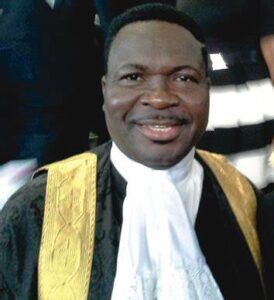
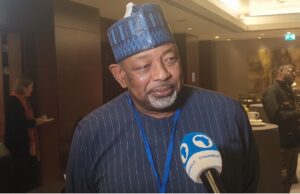
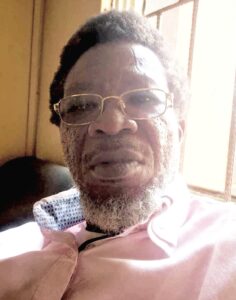
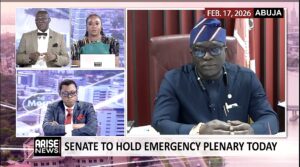
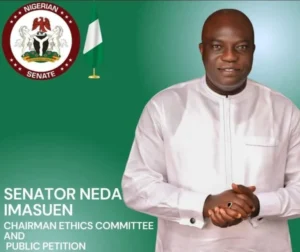
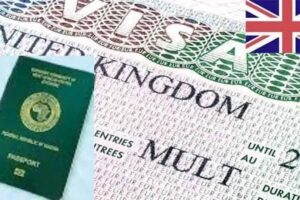
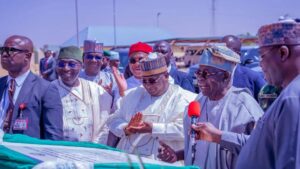
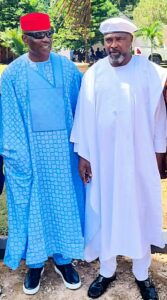
1 thought on “Preventing Military Coups in Africa: Attention, Nigeria”